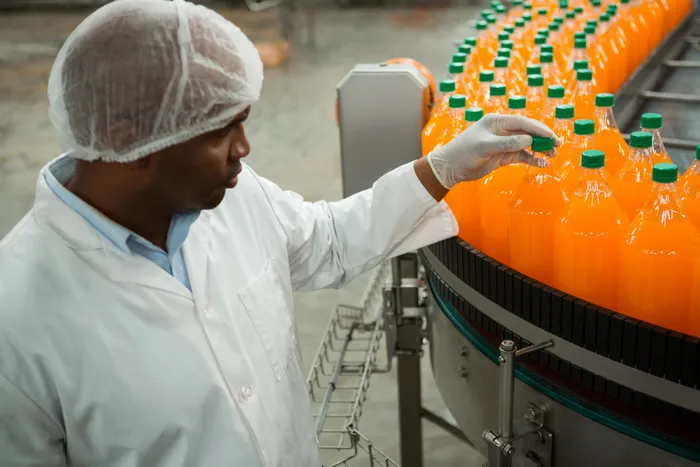Business interruption is a major risk to the food and beverage industry - report

Business interruption, cyber incidents, climate change, energy crisis and product recall/quality management/serial defects are the top five major issues that the food and beverage industry. Picture: Freepik
The main risk that the food and beverage sector is facing is business interruption, with more than half of respondents in a recent survey identifying it as their top concern.
This is according to the Allianz Risk Barometer report which is based on insights from over 3,000 risk management professionals and business leaders.
The report said the food and beverage industry is particularly vulnerable to business interruption risks due to supply chain disruptions, natural disasters, and public health crises.
To address these issues, the report stresses the importance of robust contingency plans, diversified sourcing, and strong supplier relationships. Real-time monitoring technology and alternative distribution channels are recommended to effectively manage and mitigate disruptions.
Cyber incidents are also a growing concern for the industry with 36% of respondents highlighting this as an issue. The industry could be susceptible to cyber crime as digitalisation and connectivity become integral to operations.
To address this issue the industry should implement cybersecurity measures, including encryption and employee training, to protect sensitive data and intellectual property in an increasingly digital landscape.
The third major risk is climate change with 21% of respondents citing it as a challenge. Climate change poses disruptions in agricultural supply chains, extreme weather events that have an impact on crop yields, and changes in consumer preferences towards sustainable products.
To adapt to these challenges, the food and beverage industry should adopt sustainable practices such as precision farming and collaborating with suppliers to reduce carbon emissions.
19% of respondents said that energy crisis and product recall/quality management/serial defects also pose significant threats to the industry's operations, financial stability, and brand reputation.
The food and beverage industry's reliance on energy-intensive operations such as processing, packaging, and transportation exposes it to energy crisis risks.
According to Allianz, reports highlight the importance of energy efficiency initiatives, including the adoption of renewable energy and optimisation of transportation routes, to mitigate these risks.
To sort out the product recall, quality management, and serial defects issues, rigorous quality control measures are needed throughout the production process, coupled with advanced technologies for traceability and recall procedures, to ensure product safety and integrity.
IOL Business